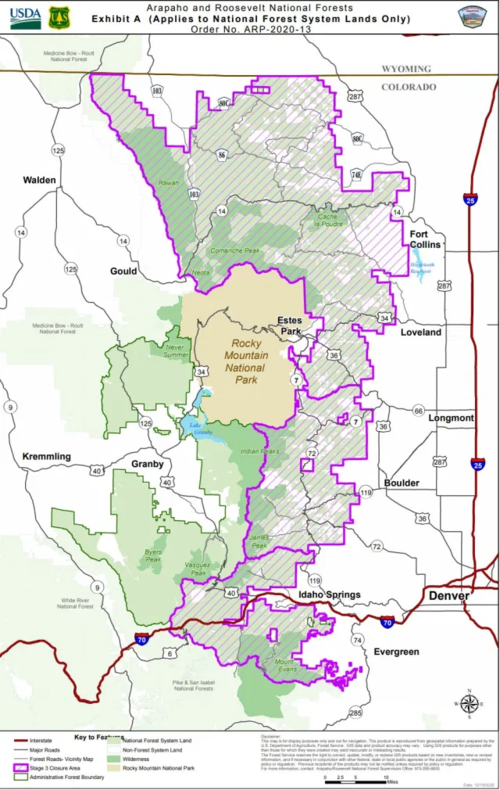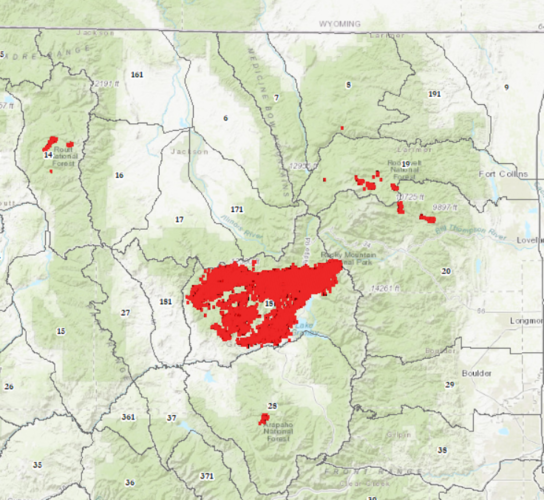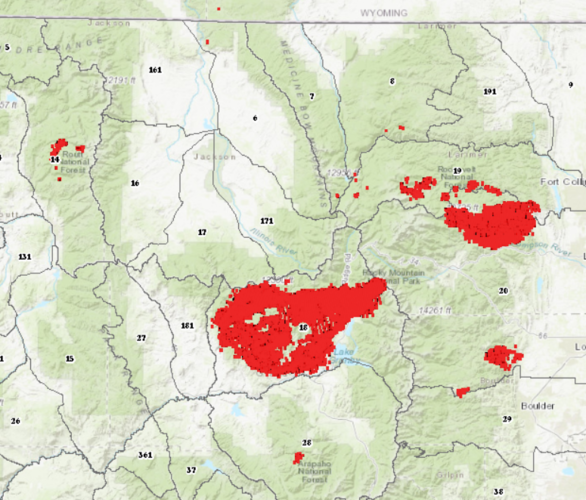jryoung
Well-known member
Came across this article and a couple paragraphs towards the end caught my attention. I know the Fire Fix was suppose to hit this year's budget, but are there components that did not? Anyone have any better insight on this?
Conservationists and wildfire policy experts agree that money is the main hurdle. In 2018, their hopes were raised when Congress passed legislation to change the way the Forest Service pays for firefighting. Instead of taking money from programs meant to prevent runaway fires, the agency would have access to billions of dollars in new disaster relief funding.
Cassandra Moseley, a University of Oregon professor who has studied wildfire management in the West, said that part of the deal was an understanding that it would free up nearly $500 million that could be used for fire prevention and forest restoration work.
But that’s not what happened. Trump didn’t propose shifting the money over to those programs, and Congress didn’t use the funding as intended.
“It means the fuel treatments can’t get done, the funding for research is decimated, and the recreation budgets continue to be decimated,” Moseley said. “That $500 million everybody thought was going to go to rebuilding the Forest Service seems to have evaporated into thin air.”

 www.latimes.com
www.latimes.com
Conservationists and wildfire policy experts agree that money is the main hurdle. In 2018, their hopes were raised when Congress passed legislation to change the way the Forest Service pays for firefighting. Instead of taking money from programs meant to prevent runaway fires, the agency would have access to billions of dollars in new disaster relief funding.
Cassandra Moseley, a University of Oregon professor who has studied wildfire management in the West, said that part of the deal was an understanding that it would free up nearly $500 million that could be used for fire prevention and forest restoration work.
But that’s not what happened. Trump didn’t propose shifting the money over to those programs, and Congress didn’t use the funding as intended.
“It means the fuel treatments can’t get done, the funding for research is decimated, and the recreation budgets continue to be decimated,” Moseley said. “That $500 million everybody thought was going to go to rebuilding the Forest Service seems to have evaporated into thin air.”

As wildfires explode in the West, Forest Service can't afford prevention efforts
President Trump has repeatedly said 'forest management' is the key to preventing wildfires. Yet across the West, the government has put on hold millions of acres' worth of projects aimed at reducing fire risk.










